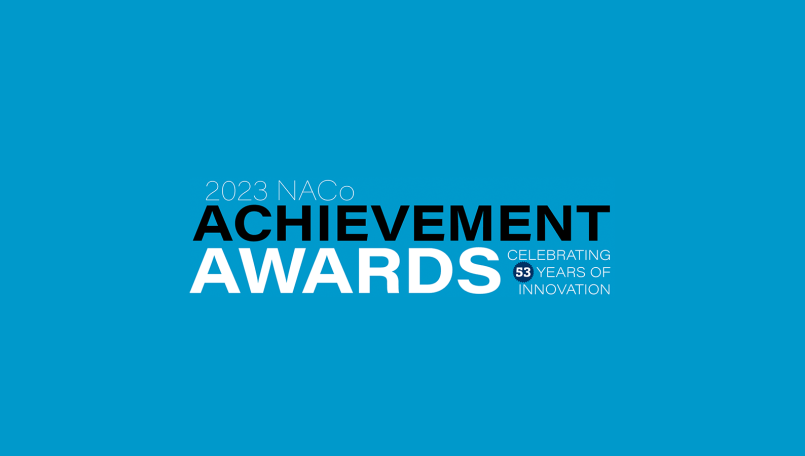"No Kid Hungry" Mecklenburg County
2023 NACo Achievement Award Winner
Mecklenburg County, N.C., NC
Best In Category

About the Program
Category: Human Services (Best in Category)
Year: 2023
The Mecklenburg County Department of Social Services led an innovative project that coordinates food and nutrition programs (notably, SNAP and WIC) to reduce childhood food insecurity and fill program enrollment gaps in our area. The county hired a team of staff with lived experiences, called “Food Navigators,†to help children and families across our most vulnerable and impoverished communities navigate the complex food and nutrition programs available. While their work heavily focused on education and outreach, by strengthening community relationships, the Navigator team learned the difficulties and barriers many residents faced to accessing the food and nutrition assistance programs, and how these difficulties can be addressed, which led to service delivery model recommended changes. The ultimate outcome of this project was to decrease childhood food insecurity. To do this, the project enhanced community knowledge of nutrition support programs, worked to identify and fill program enrollment gaps, created a network of community partner agencies to spread program awareness, enhanced information referral processes, reduced siloed practices across different nutrition support programs, and created a replicable national model. Throughout this project, Johnson C. Smith University, a local HBCU, worked alongside the project team to conduct a formal evaluation of all project activities, and successes towards the intended outcomes.
